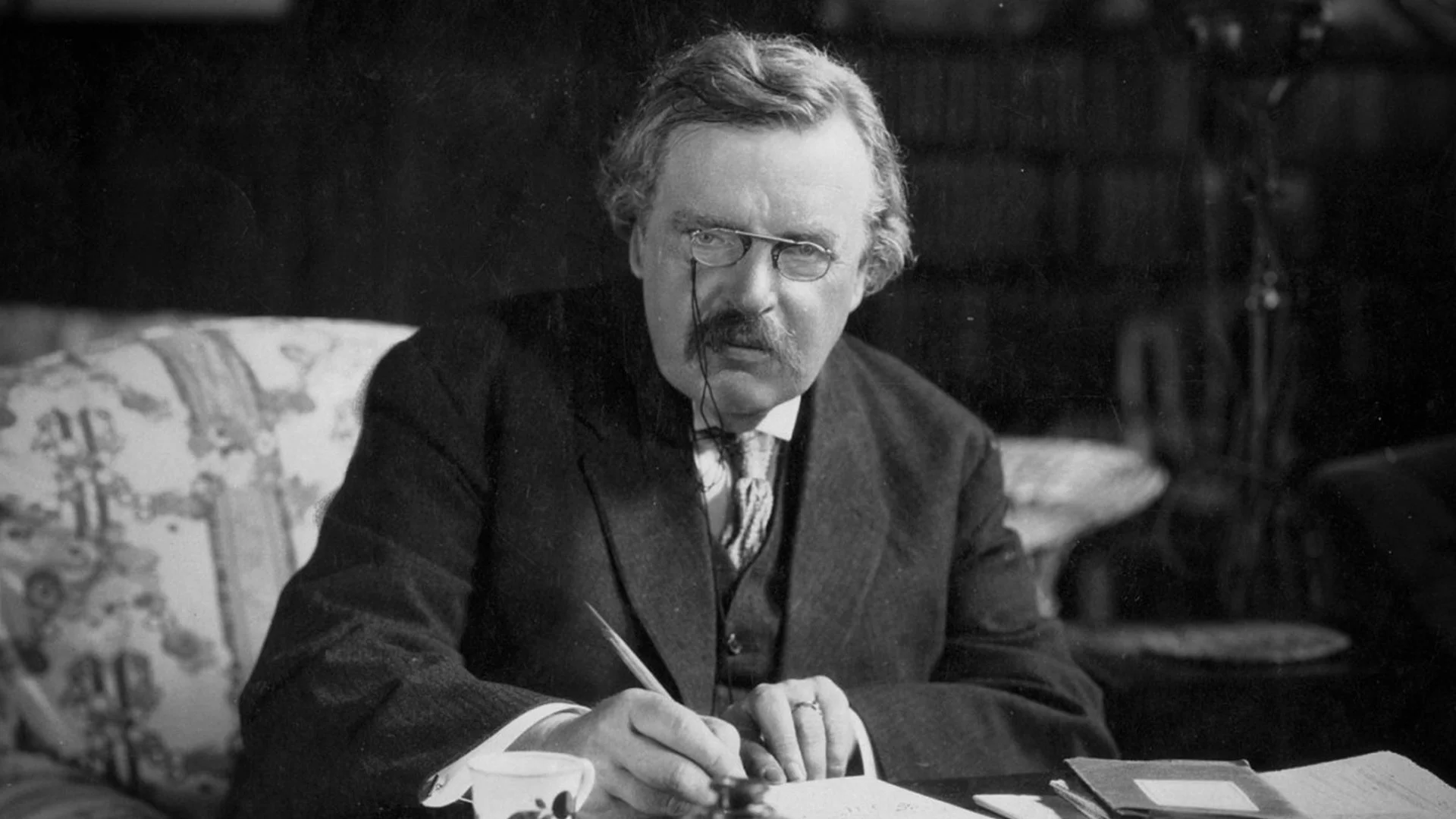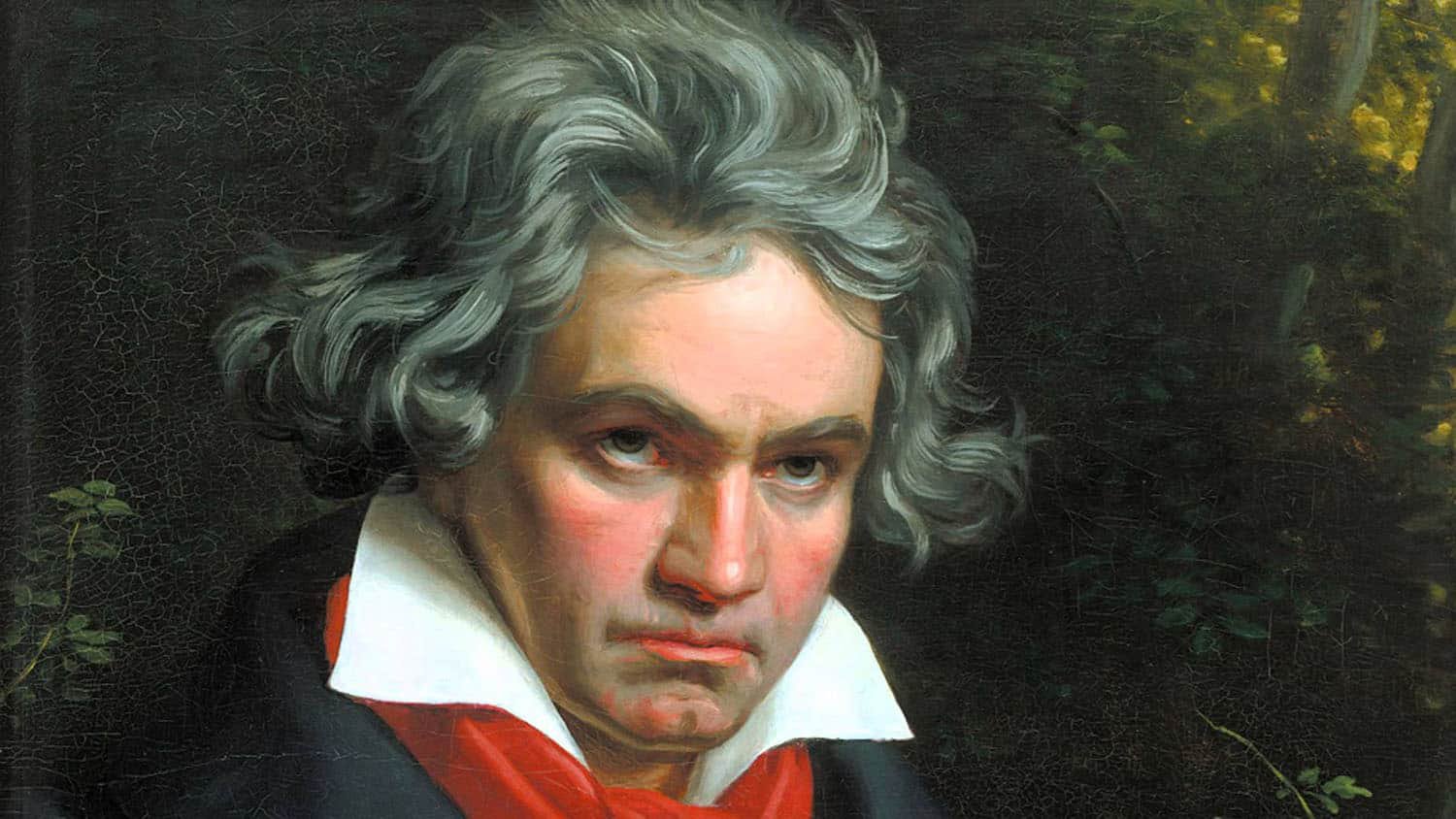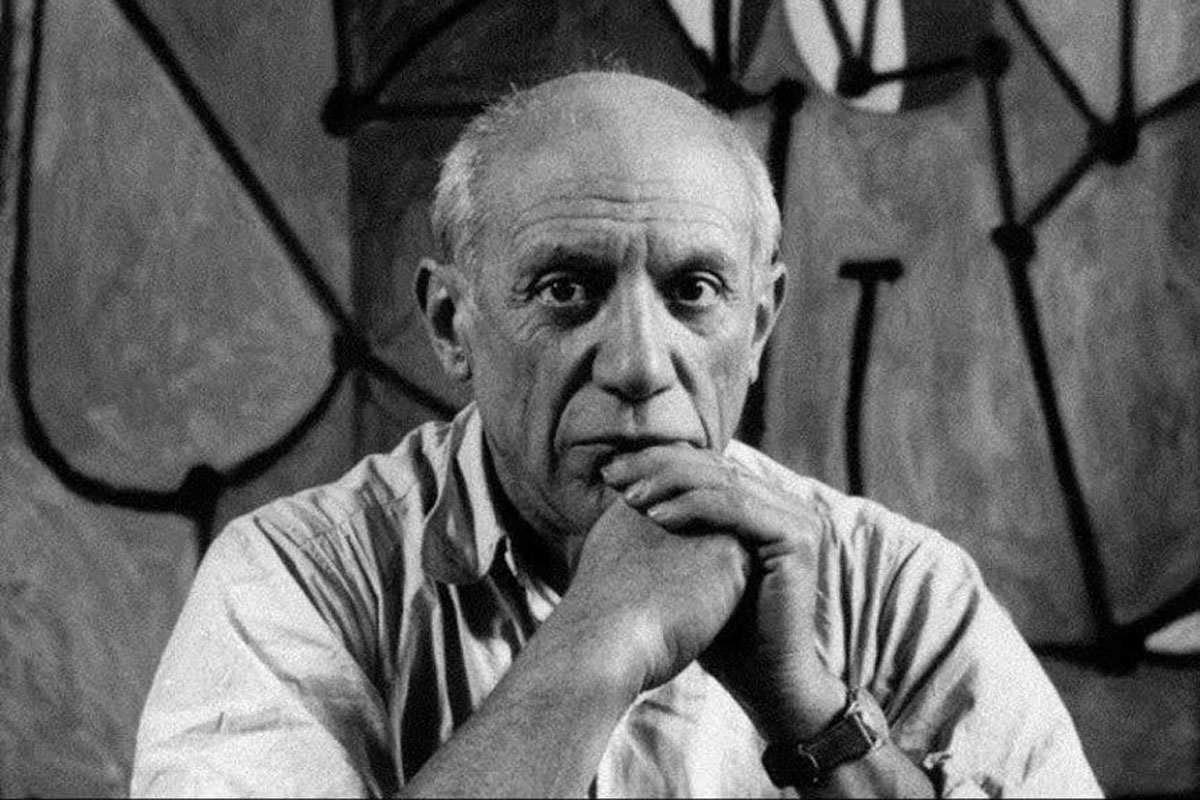This series of articles seeks to examine the character attributes of highly successful leaders, regardless of their adherence to a strong faith or moral standard. In presenting these thoughts, Leadership Ministries is not agreeing with or advocating these traits or practices, but rather presents these as ideas for discussion and development in your own leadership journey.
Socrates (470-399 BC) was a Greek philosopher credited with founding Western philosophy and the first among moral philosophers and the ethical tradition of thought. He was the son of a stonemason and likely received a simple education and was expected to follow in his father’s trade. Described as short and stubby, with a flat nose and bulging eyes, it was not his physical characteristics but rather his intellect and character that attracted followers. He also served as an Athenian soldier and fought in three military campaigns during the Peloponnesian War.
Socrates did not author any texts, and what is known of him is through accounts of other classical writers including Plato and Xenophon. In his time Socrates was a polarizing leader. In 399 BC he was accused of corrupting youth. After a trial that lasted a day, he was sentenced to death. He spent his final day in prison and was executed by poison.[1]
Soon after Socrates’ death, several members of his circle preserved and praised his memory by writing works that represent him in his most characteristic activity—conversation. Participants in these adversarial exchanges included people he happened to meet, devoted followers, prominent political figures, and leading thinkers of the day. Many of these “Socratic discourses,” as Aristotle calls them in his Poetics, are no longer available; there are only brief remnants of the conversations written by Antisthenes, Aeschines, Phaedo, and Eucleides. But those composed by Plato and Xenophon survive in their entirety.[2] Some of Socrates’ best practices for life and leadership include:
Know yourself. Socrates was passionate about the human condition, believing that our chief preoccupation was the pursuit of happiness, and that true wisdom came from knowing ourselves. In studying our own strengths and weaknesses, Socrates believed that we would make better choices to bring about prosperity for the greatest number of people. Of leaders, he said, “People should be governed by those with the greatest knowledge, abilities and virtues, and who possessed a deep knowledge of themselves.” His learning style was not to lecture, but rather to ask questions. Later this became known as the Socratic method, a style of debate between individuals based on asking and answering questions to stimulate critical thinking. This approach made important leaders of the time uncomfortable.
Know that you don’t know. Socrates is known for proclaiming his total ignorance; he used to say that the only thing he was aware of was his ignorance, seeking to imply that the realization of our ignorance is the first step in philosophizing. As a leading thinker of his time, Socrates placed a great emphasis on continuous learning, encouraging his followers to “employ your time in improving yourself by other men’s writings, so that you shall gain easily what others have labored hard for.” He also advocated that we should live as our ideal self through the means of constant self-improvement and refinement of character.[3]
Stay humble. Despite his self-assurance, Socrates was known as a humble leader. He once declared that if he was the wisest person in Athens, it was only because he was well aware of his own ignorance. In his practical pursuit of truth, he focused less on understanding the external world and more on the study of people’s behaviors, beliefs and inner values. Socrates’ study led to the formal logic and ethics systems that underly the democracies of our modern era. The example of Socrates serves as an inspiration to lead a life of reflection, courage, virtue and understanding, so that we might build societies of peace and enduring prosperity.
Gilbert Keith Chesterton was an English Apologist. His sharp writing style made him a prominent figure in earth twentieth century literature. Among his works were Orthodoxy and The Everlasting Man.
Ray Dalio is an American billionaire. He is the founder of Bridgewater Associates, the world’s largest hedge fund, and has run it since 1975. Dalio is the author of Principles of Life and Work, a 2017 New York Times bestselling book.
Michael Jordan is a former professional basketball player and businessman. He played 15 seasons in the NBA and won six NBA championships with the Chicago Bulls.
John Glenn was an American Marine aviator, test pilot, businessman, politician, and one of the seven Mercury astronauts. He was the first person to orbit the earth, circling three times in 1962.
Frank Albert Sinatra was an American singer and actor. He was one of the most popular entertainers of the Twentieth Century, with a career lasting over 60 years. He sold more than 150 million records globally.
Orville and Wilbur Wright were two American aviation inventors who are credited with the world first successful airplane. They made their first controlled flight in December 1903 in Kitty Hawk, North Carolina.
George Herman “Babe” Ruth (1895 – 1948) was a professional baseball player whose career spanned 22 seasons. He’s one of the greatest heroes in American culture and considered the greatest baseball player of all time.
Edward McKendree Bounds (1835 – 1913) was an attorney, author and Methodist minister. He is most known for authoring nine books on the subject of prayer. Bounds is widely considered one of the foremost authorities on prayer.
Thomas Paine (1737-1809) was an English-born Founding Father of the United States. An inventor and philosopher, he authored Common Sense, a pamphlet that was influential at the start of the American Revolution.
Ronald Martin Popeil (1935-2021) was an American inventor and marketing personality. His TV infomercials became an overnight staple, and earned him more than $2 billion in sales during his 40-year run. His coined the marketing catchphrase “But wait… there’s more!”
James Watt (1736-1819) was a Scottish inventor and mechanical engineer. He is credited with the first practical steam engine, the Watt Engine of 1776, which helped bring about the Industrial Revolution.
Aristotle (384-322 BC) was an ancient Greek philosopher. His writings cover a broad range of subjects spanning the natural sciences, philosophy, linguistics, economics, politics, psychology, and the arts.
He was between eight and nine years old when he ascended to rule a kingdom. Reigning from 1332 to 1323 BC, King Tut became leader of ancient Egypt. A Pharaoh was a statesman, religious leader, military commander, administrator and steward of the land.
William Whiting Borden (1887-1913) was an American philanthropist, millionaire and Christian missionary. Borden surrendered his life to Christ as a child as a result of the witness of his mother. Borden wrote three phrases in his Bible that defined his life: “No reserves. No retreats. No regrets.”
Dietrick Bonhoeffer (1906-1945) was a German pastor, theologian and anti-Nazi dissident. He was opposed to Hitler’s genocide of the Jews, and ran “underground seminaries” during the war. In 1943 he was imprisoned by the Gestapo. Bonhoeffer was executed in the spring of 1945.
Charlemagne (747-814) united the majority of Western and Central Europe during the Middle Ages. People call him the “Father of Europe,” and the Pope made him the first Holy Roman Emperor.
Charles Haddon Spurgeon (1834 – 1892) was an English pastor of the New Park Street Chapel (later renamed Metropolitan Tabernacle) in London for 38 years. He became known as the “Prince of Preachers” for his spellbinding sermons, which sometimes ran two hours or more.
James Earl “Jimmy” Carter, Jr. (1924 - 2024) was an American politician and humanitarian who served as the 39th President of the United States. Though many believe his presidency a failure, his post-Oval Office years were nothing short of phenomenal.
Saint Nicholas of Myra (270-373) was an early Christian bishop from the city of Myra in Asia Minor during the time of the Roman Empire. That he loved children and was tremendously generous is widely accepted, and gave rise to the modern day tales of Santa Claus.
Nicholas Lou Saban, Jr. is an American football coach, most known for his 17 years as Head Coach at the University of Alabama. He is widely considered one of the greatest college coaches of all time.
Ludwig van Beethoven (1770 – 1827) was a German composer and pianist. He is among the most admired classical composers in history, and the melodies of his great symphonies and sonatas are recognized around the world.
Elvis Aaron Presley (1935 – 1977) was known as the “King of Rock and Roll”. He began his music career in 1954, and over the next 30 years would sell 300 million albums, make 33 movies, and become one of the most well-known and celebrated artists in history.
Sir Timothy John Berners-Lee (1955-) is an English computer scientist, professorial research fellow at the University of Oxford and a professor emeritus at the Massachusetts Institute of Technology (MIT). He is widely credited as the inventor of the World Wide Web.
Howard D. Schultz is an American businessman and author. He served as Chairman and CEO of Starbucks from 1986 to 2000, and again from 2008 to 2017, and in 2022-2023. He was named one of the World’s Richest People by Forbes with a net worth in 2020 of $4.3 billion.
Socrates (470-399 BC) was a Greek philosopher credited with founding Western philosophy and the first among moral philosophers and the ethical tradition of thought. Socrates did not author any texts, and what is known of him is through accounts of other classical writers.
Pablo Ruiz Picasso (1881 –1973) was a Spanish painter, sculptor, printmaker, ceramicist and theatre designer. Picasso demonstrated extraordinary artistic talent throughout his life and is considered the father of modern art.
Neil Armstrong (1930 –2012) was an American astronaut and aeronautical engineer who became the first person to walk on the moon in 1969. He was also a naval aviator, test pilot, and university professor.
Michelangelo di Lodovico Buonarroti Simoni (1475-1554) was an Italian sculptor, painter, architect, and poet of the High Renaissance. He is known for his striking masterpieces, including the ceiling of the Sistine Chapel and the statue of David.
Historians consider Ramesses II (1303-1213 BC) the greatest and most powerful Pharaoh of Ancient Egypt’s New Kingdom period. He lived to be at least 90 and ruled for more than 65 years. During his reign, the Egyptian army is estimated to have totaled some 100,000 men.
































Frank Winfield Woolworth was an American entrepreneur, and founder of the F. W. Woolworth Company. He pioneered the retail variety stores which featured low-priced merchandise selling for 5 and 10 cents.